Kilili, H., Padilla-Morales, B., Castillo-Morales, A. et al. Sci Rep 15, 15,087 (2025). https://doi.org/10.1038/s41598-025-98786-3
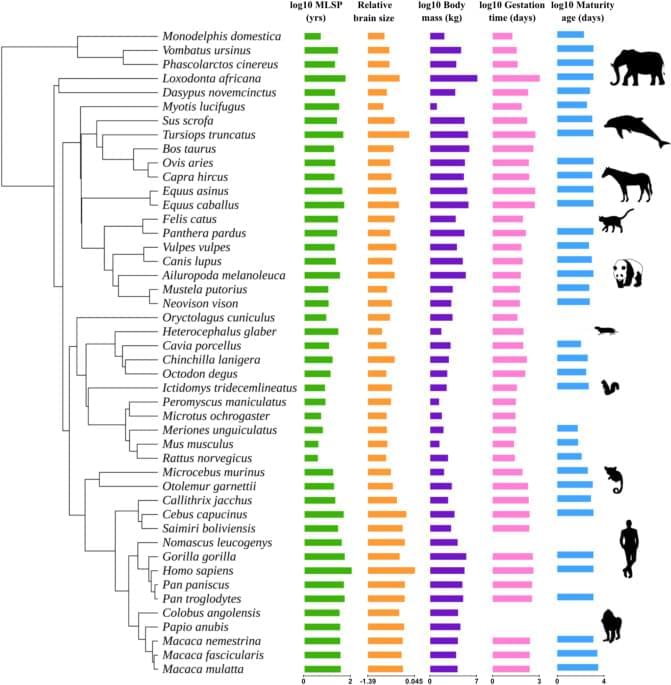

Kilili, H., Padilla-Morales, B., Castillo-Morales, A. et al. Sci Rep 15, 15,087 (2025). https://doi.org/10.1038/s41598-025-98786-3
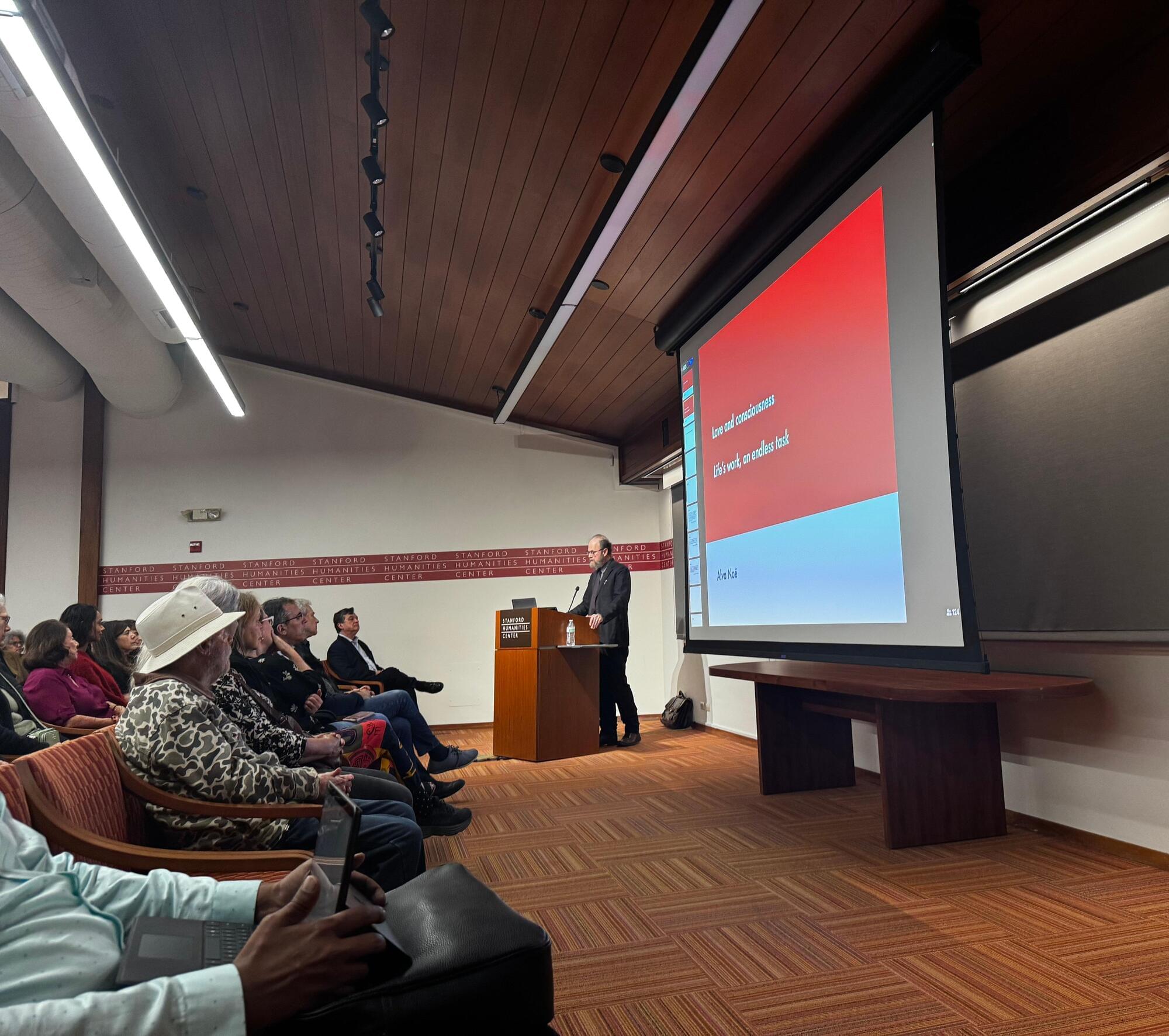
“What if consciousness, like love, is the work of making relationships?” Alva Noë, chair of the philosophy department at the University of California, Berkeley, proposed at Stanford’s annual Presidential Lecture in the Humanities and Arts on Wednesday.
“Love names the work of opening up the world, the very labor of consciousness,” Noë said.
His talk at the Stanford Humanities Center went on to challenge philosophy’s traditional distinction between value and fact where it delimits questions about love and human perception, respectively.
New research suggests that prenatal exposure to SSRIs may alter brain development in ways that increase the risk of depression and anxiety later in life.

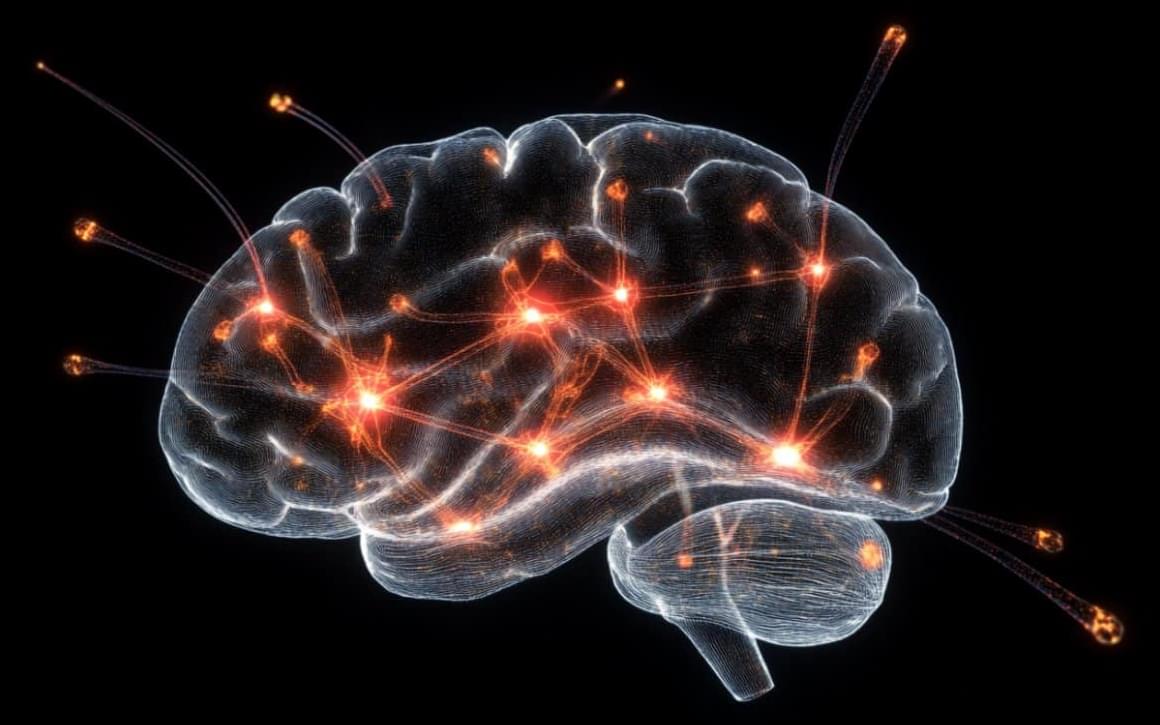
A Scientific dive into Depression and Anxiety.
In this video, we explore how depression affects the brain and uncover the science behind brain depression and anxiety. Backed by neuroscience and psychology, this deep dive reveals how depression rewires three major areas of your brain: the prefrontal cortex, hippocampus, and amygdala—and how these changes impact memory, mood, and decision-making.
If you’ve ever wondered what part of the brain is affected by depression, or how anxiety and depression are connected, this video explains it all—clearly and scientifically.
🌿 Why Watch This Video?
✔️ Understand the brain science behind depression.
✔️ Learn how depression and anxiety alter brain structure and function.
✔️ Discover healing methods like neuroplasticity, exercise, and therapy.
✔️ Boost your awareness of mental health and self-healing strategies.
📌 What You’ll Learn:
🔹 How the amygdala becomes overactive during depression.
🔹 Why the hippocampus shrinks, leading to memory loss.
🔹 How the prefrontal cortex struggles with focus and planning.
🔹 Ways to rewire your brain for emotional resilience.
📌 Timestamps:
00:00 – The Science of Depression 🧠
00:45 – How Depression Affects Decision-Making.
02:17 – Memory Loss & Brain Fog Explained.
04:03 – Anxiety & The Overactive Amygdala.
05:49 – How to Heal Your Brain Naturally.
💡 If this video helped you, drop a “🧠” in the comments & share with someone who needs it!
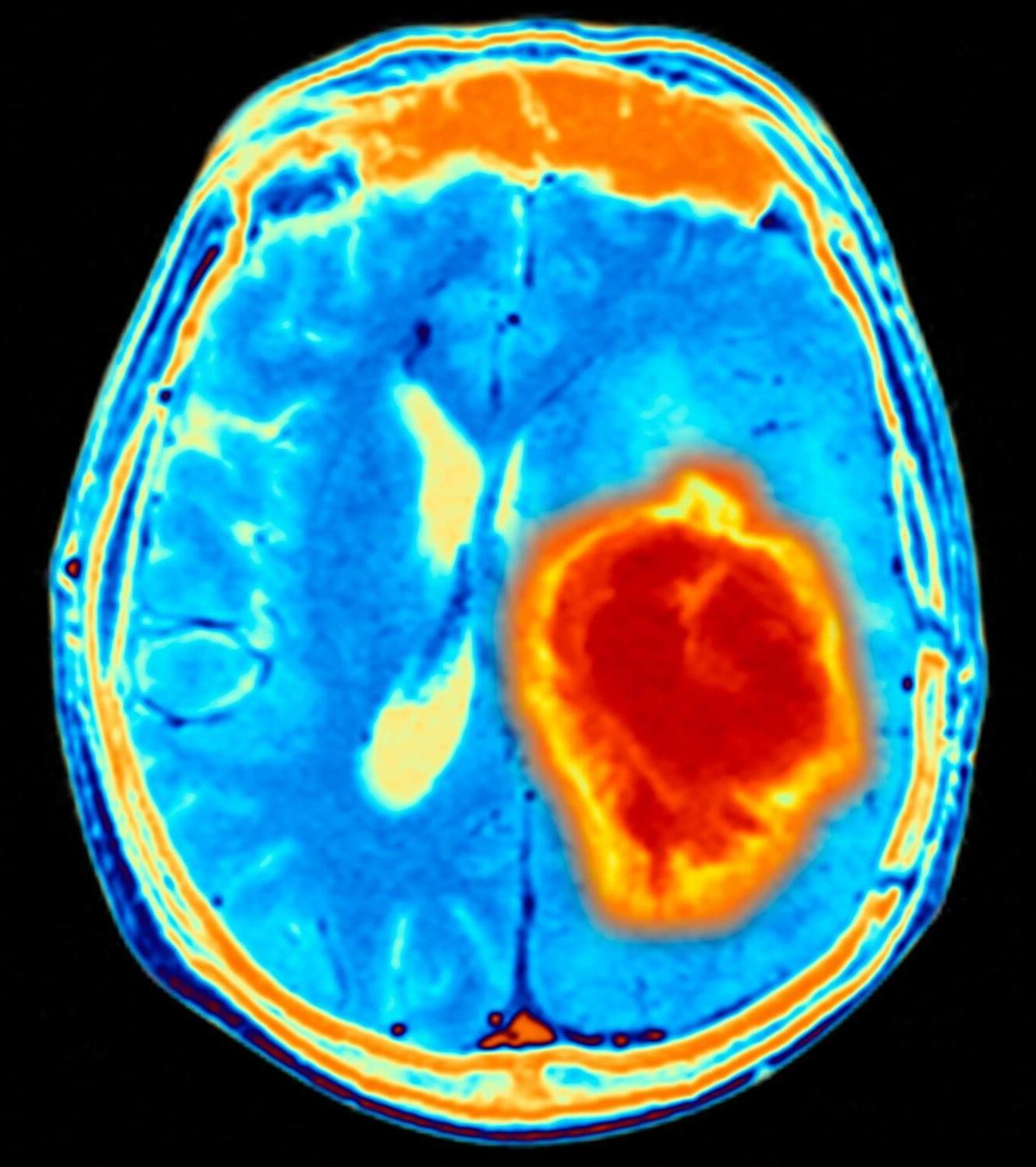
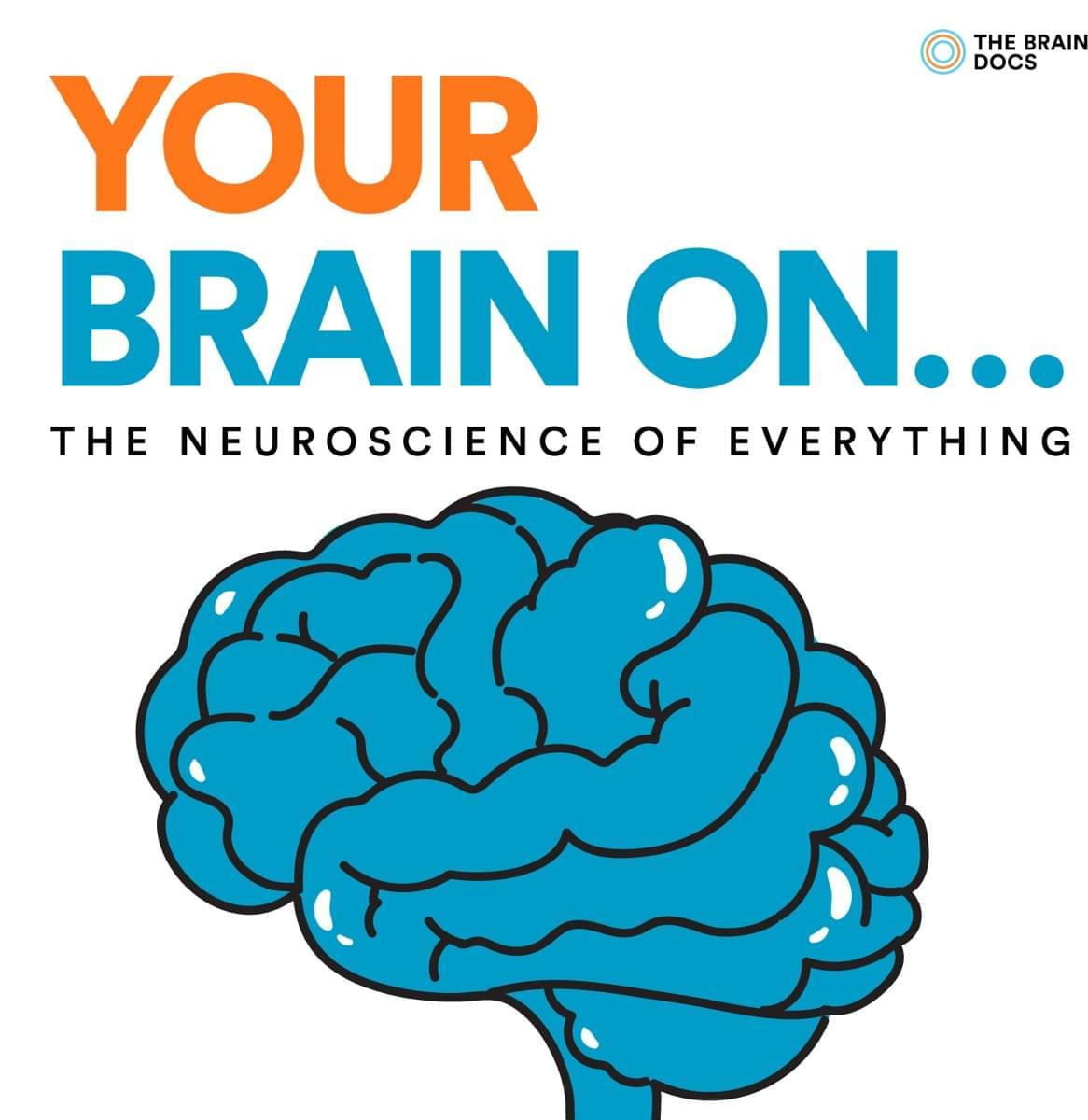
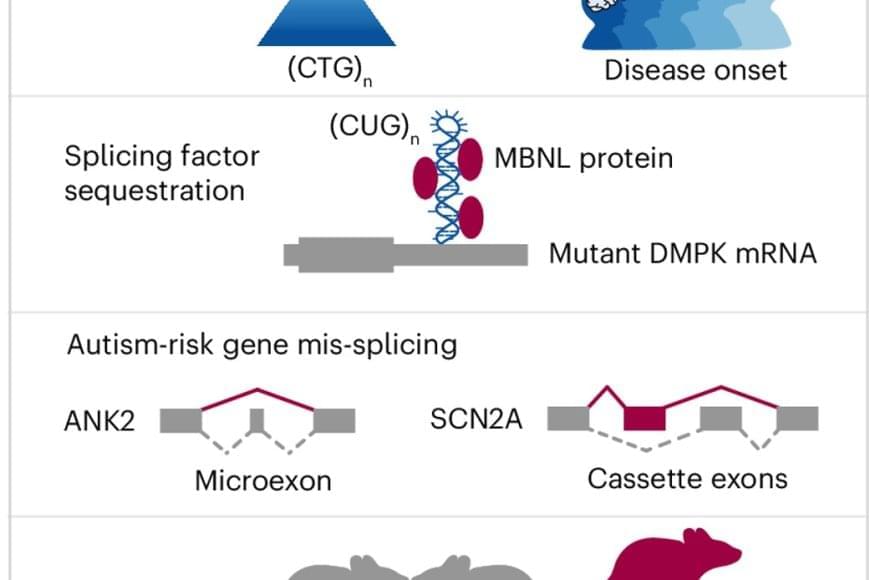
A recent discovery of a molecular connection between autism and myotonic dystrophy, a type of neuromuscular disease, may provide a breakthrough on how clinicians approach autism spectrum disorder.
The new study by an interdisciplinary team of biomedical scientists, published in Nature Neuroscience, used myotonic dystrophy as a tool or model to learn more about autism – effectively using one disorder to better understand the other.
“We identified a new pathway that can lead to autism,” said the research lead. “We found that a genetic mutation in a certain gene can disrupt the expression of multiple autism-related genes during brain development, causing autism.”
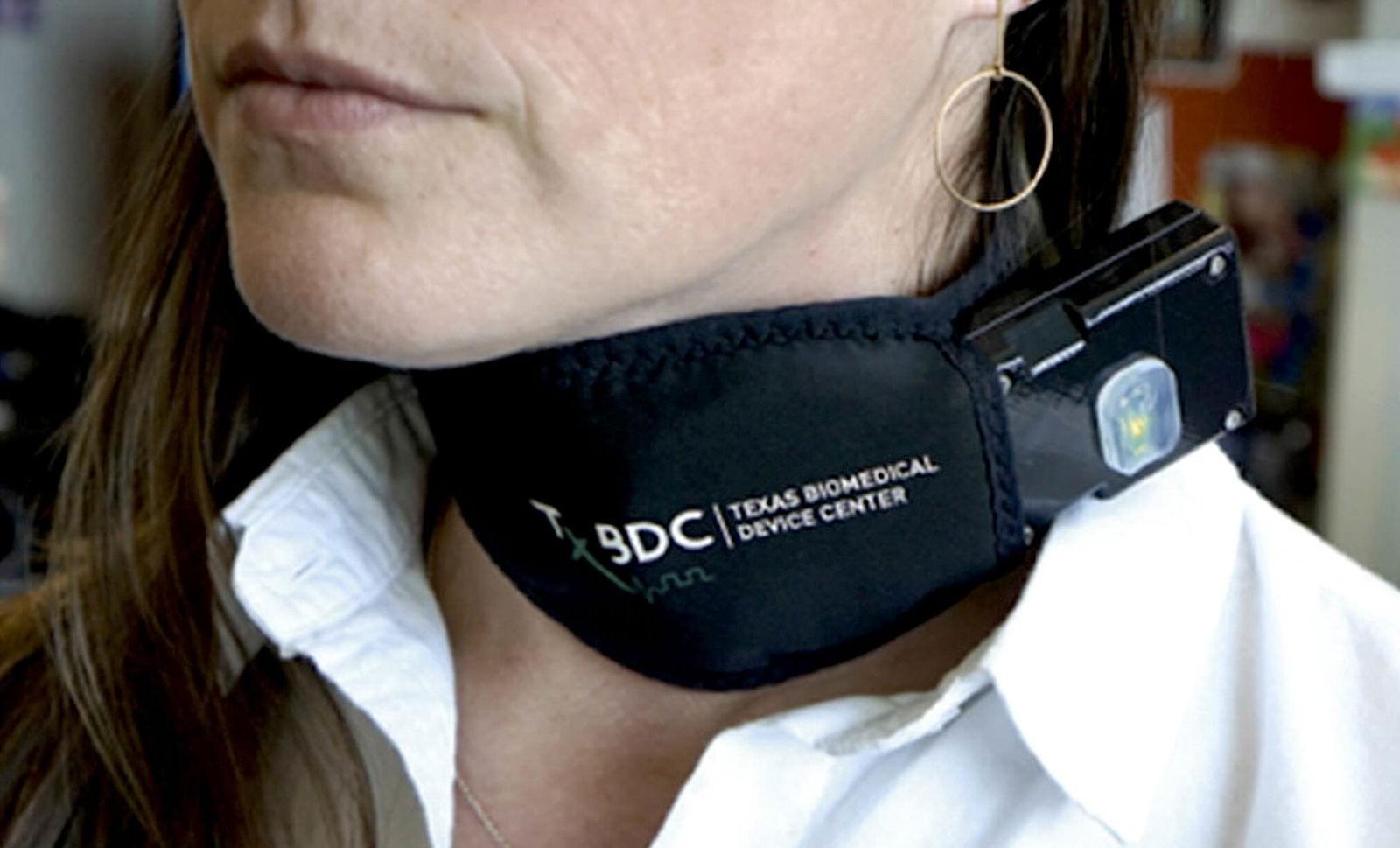
Groundbreaking research has revealed a new method of potentially eliminating hard-to-treat post-traumatic stress disorder (PTSD) diagnoses in patients by employing a novel kind of therapy: stimulation of the vagus nerve.
The new treatment offers new hope for those long afflicted by PTSD diagnoses that have traditionally proven to be resistant to conventional treatment methods.
Scientists from the University of Texas at Dallas (UTD) and Baylor University Medical Center conducted the research, discovering that participants were symptom-free for up to six months after completing the experimental therapy.